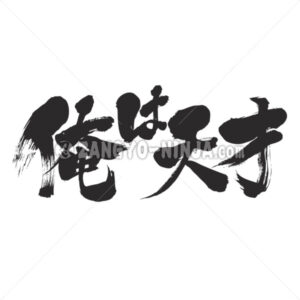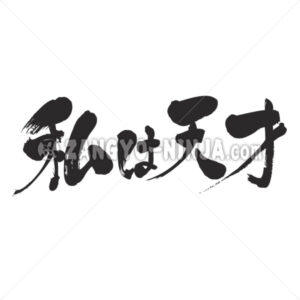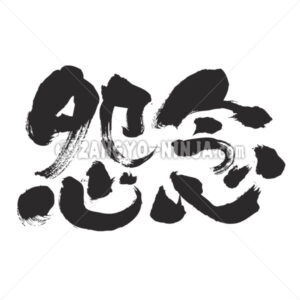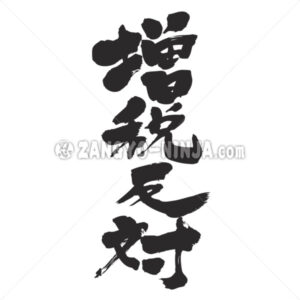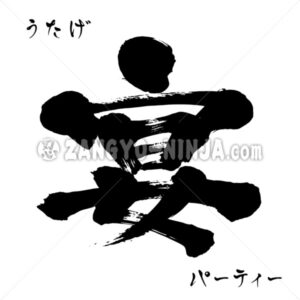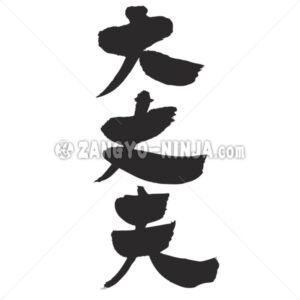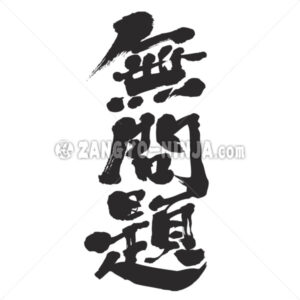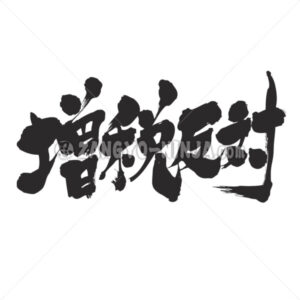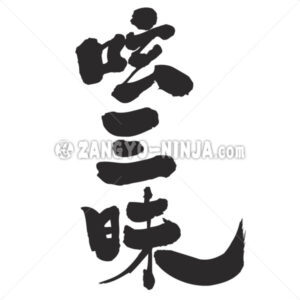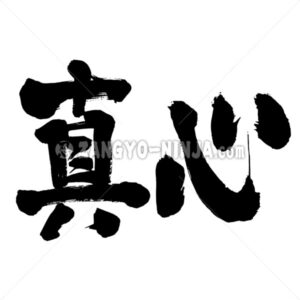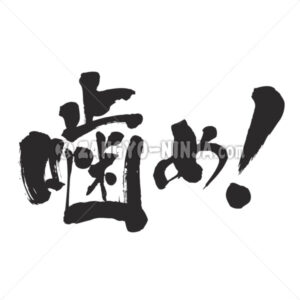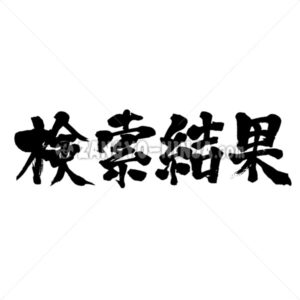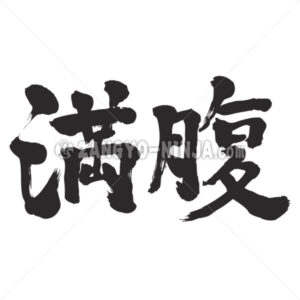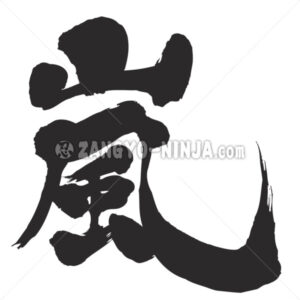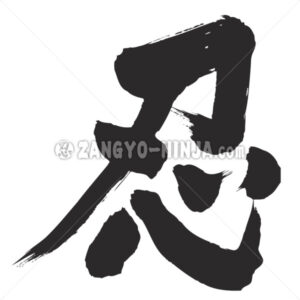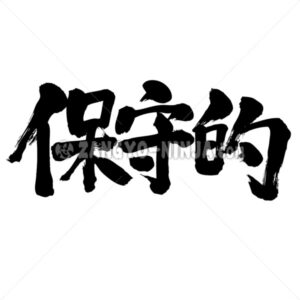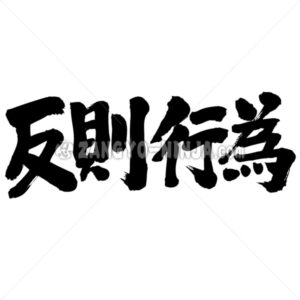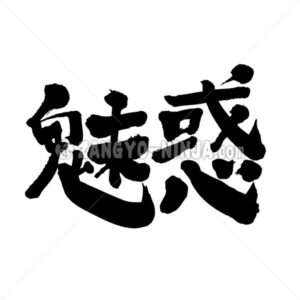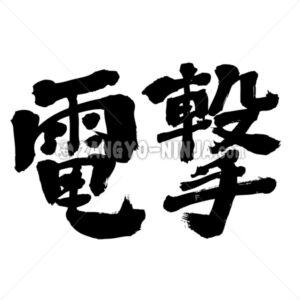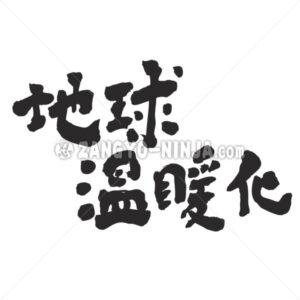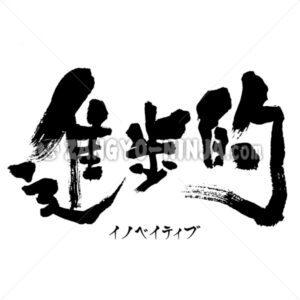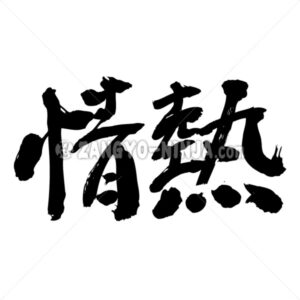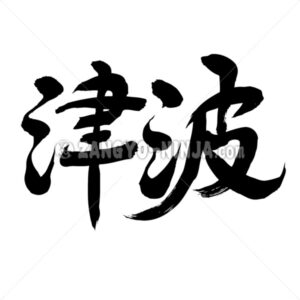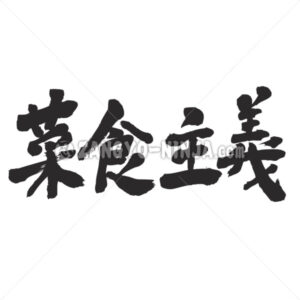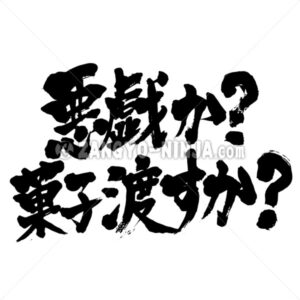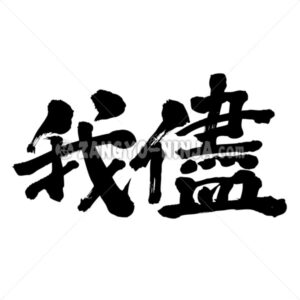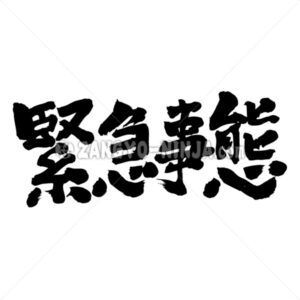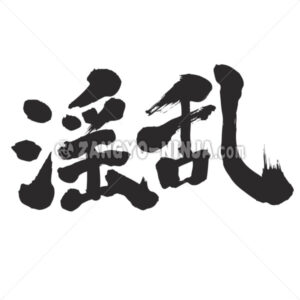
Being sexually disturbed by wanting obscene deeds. A person who takes even immoral behavior for his own sexual desire (lust). It is more often used for women than men. However, in the classics, it is used to mean spending a degree. Japanese calls “In Ran”.
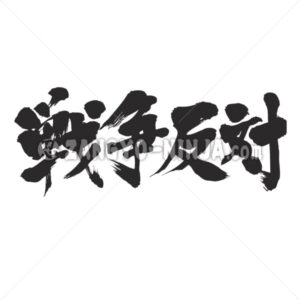
Japan is the only country in the world with a prohibition of war in its constitution A movement in which the will to oppose war is organized by a positive desire to pursue peace, to prevent the outbreak of war, or to end the ongoing war. After World War II, the anti-war movement was … Read More
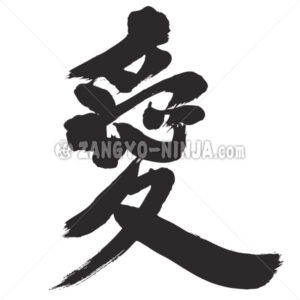
Description for Love love, amor, affection. 1. a quality proceeding from feelings of affection or love. 2. a deep feeling of sexual desire and attraction. 3. a strong positive emotion of regard and affection. 4. a positive feeling of liking. It’s said Ai, in Japanese. The way of saying is different from the abbreviation … Read More
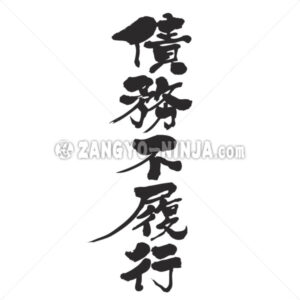
In general, this refers to the case where the developing country’s external debt accumulates and the debtor does not fulfill its contractual repayment obligations. There are two types of default: when a creditor declares to a debtor, and when the debtor refuses to pay. Japanese says “Sai mu fu ri ko”.



